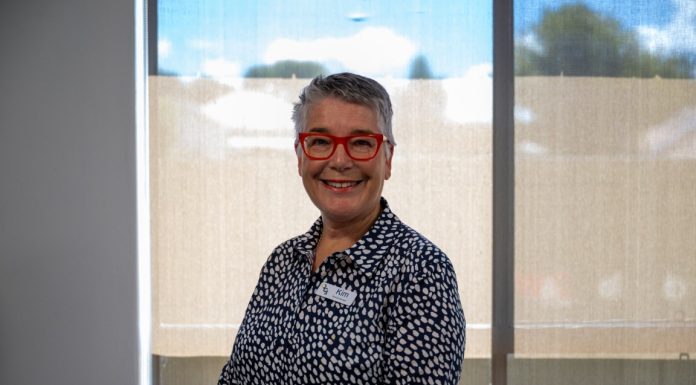While registered nurses working in aged care have made the ‘safe’ list following the Turnbull Government’s changes to the 457 visa this week, the ANMF says aged care providers need to do more to retain nurses in the industry rather than rely on foreign workers.
“The temporary skilled migration system has never really attracted enough RNs into aged care to make the sort of difference needed to address the problems faced by existing staff and residents,” ANMF federal secretary Lee Thomas told Inside Ageing.
“However, we have previously been concerned that high numbers of 457 visa workers have been impacting employment opportunities for Australian graduates struggling to find work in some other sectors. So it’s a double edged sword in some respects.”
“We do, however, have evidence of exploitation of 457 nurses grossly underpaid, particularly in the aged care sector. Some employers have exploited the visa system to hire temporary overseas workers on cheaper pay rates.”
“At a time when there is a shortage of 20,000 aged care nurses, we must not only urgently recruit, but retain our current aged care nurses,” Ms Thomas said.
“This only way of doing this is by reversing the billions of dollars cut from aged care and working with industry to create a sustainable workforce strategy for not only nurses and carers, but the vulnerable nursing home residents they care for every day.”
“Workload management (the number and skill of RNs, ENs and PCAs) remains a number one priority. We must mandate through legislation Registered Nurses 24/7 and a minimum staffing level and skill mix.”
“In some ways our current temporary migration laws have resulted in some aged care employers becoming over reliant on migration. Easier to recruit overseas than employ and mentor new graduates. This is not an outcome the ANMF support.”
“Rather, we believe our migration and local employment laws need to be structured to attract nurses and carers to the aged care sectors.”
“This would include ensuring aged care employers pay competitive wages and offer attractive employment conditions; that there are adequate career paths for those thinking of working in aged care and that workloads are appropriately managed by having enough staff with the right skills.”
The impact on other positions that support the delivery of aged care services, however, remains unknown, with a lot of discussion about IT professionals being cut from the list.
Elizabeth Drodz, CEO of Australian Multicultural Community Services, said ethno-specific aged care providers should be able to negotiate individual agreements to attract appropriately skilled staff, including personal carers.
“Given the current and forthcoming aged care workforce shortages, we hope that this need will be recognised with government announcements that are planned as part of the 2017/18 budget priorities,” she said.
“Also, I hope that government will allow sufficient flexibility for ethno-specific aged care providers across Australia to negotiate individual agreements to allow them to sponsor care staff who speak languages needed to support seniors from culturally and linguistically diverse ageing communities.”










I agree with this article, but would like to broaden the discussion to also include the need to safeguard the future of the diversity of the care worker workforce, beyond the essential language skills of increasing ethno-specific workers.